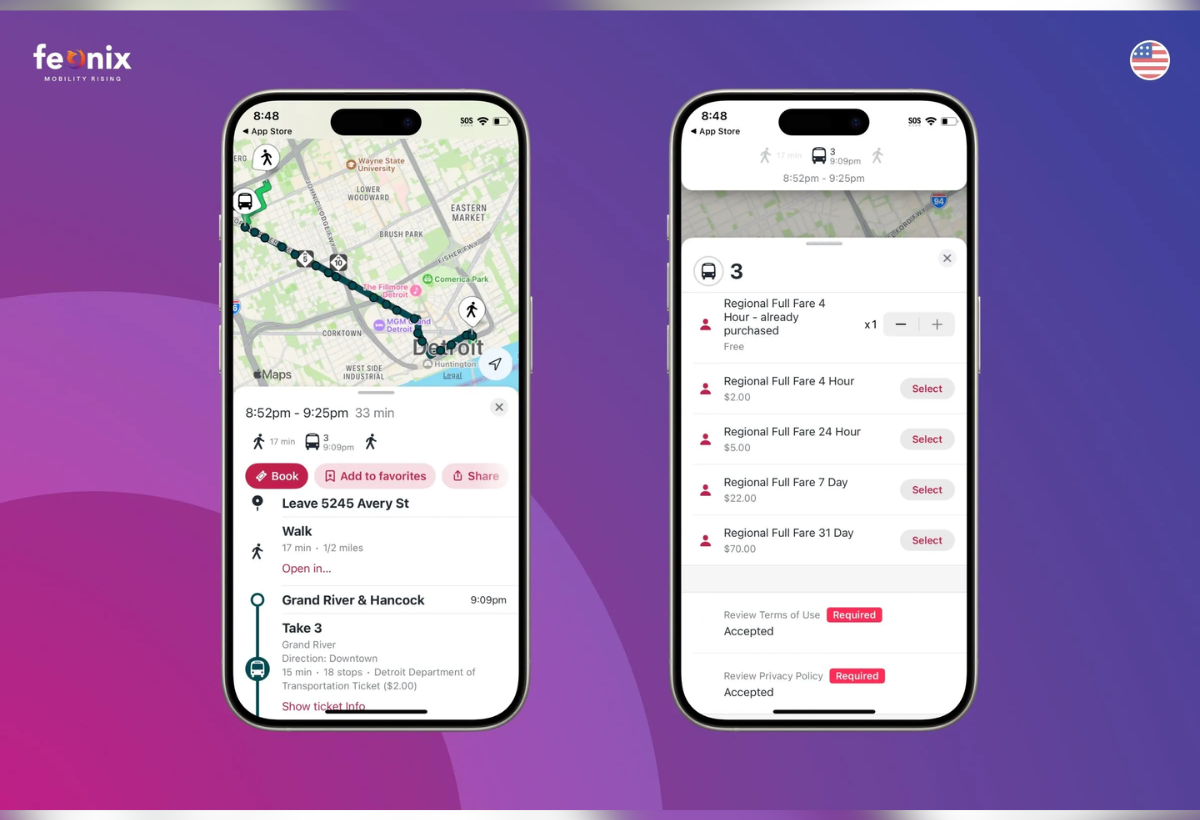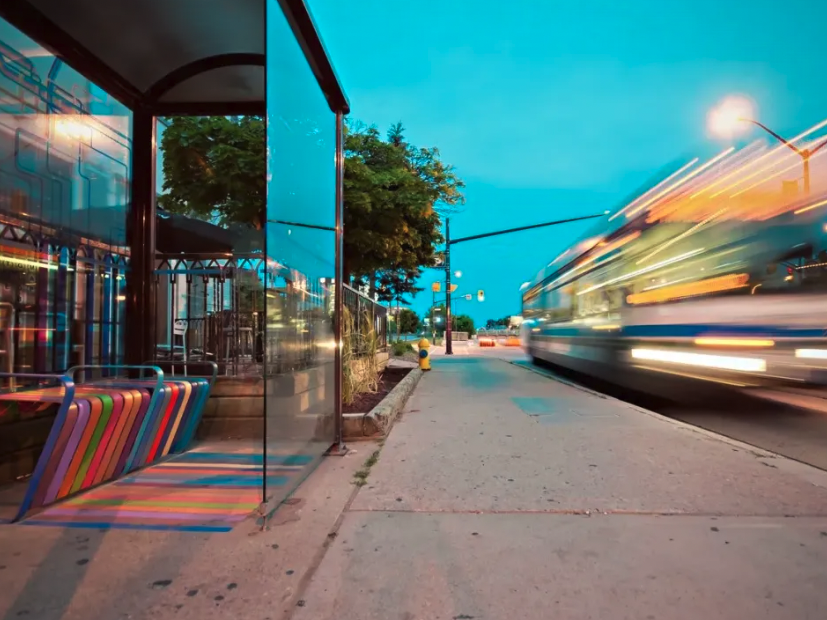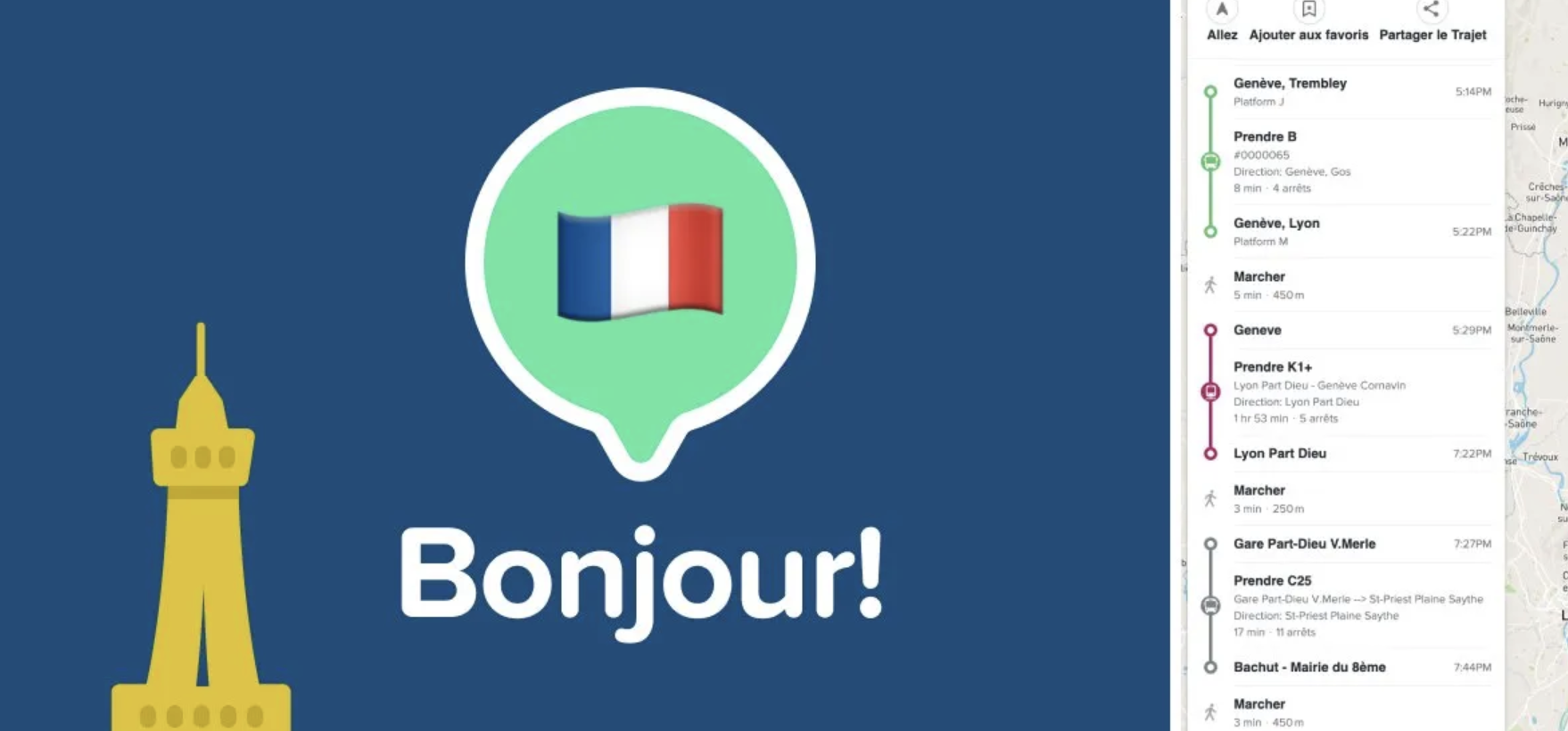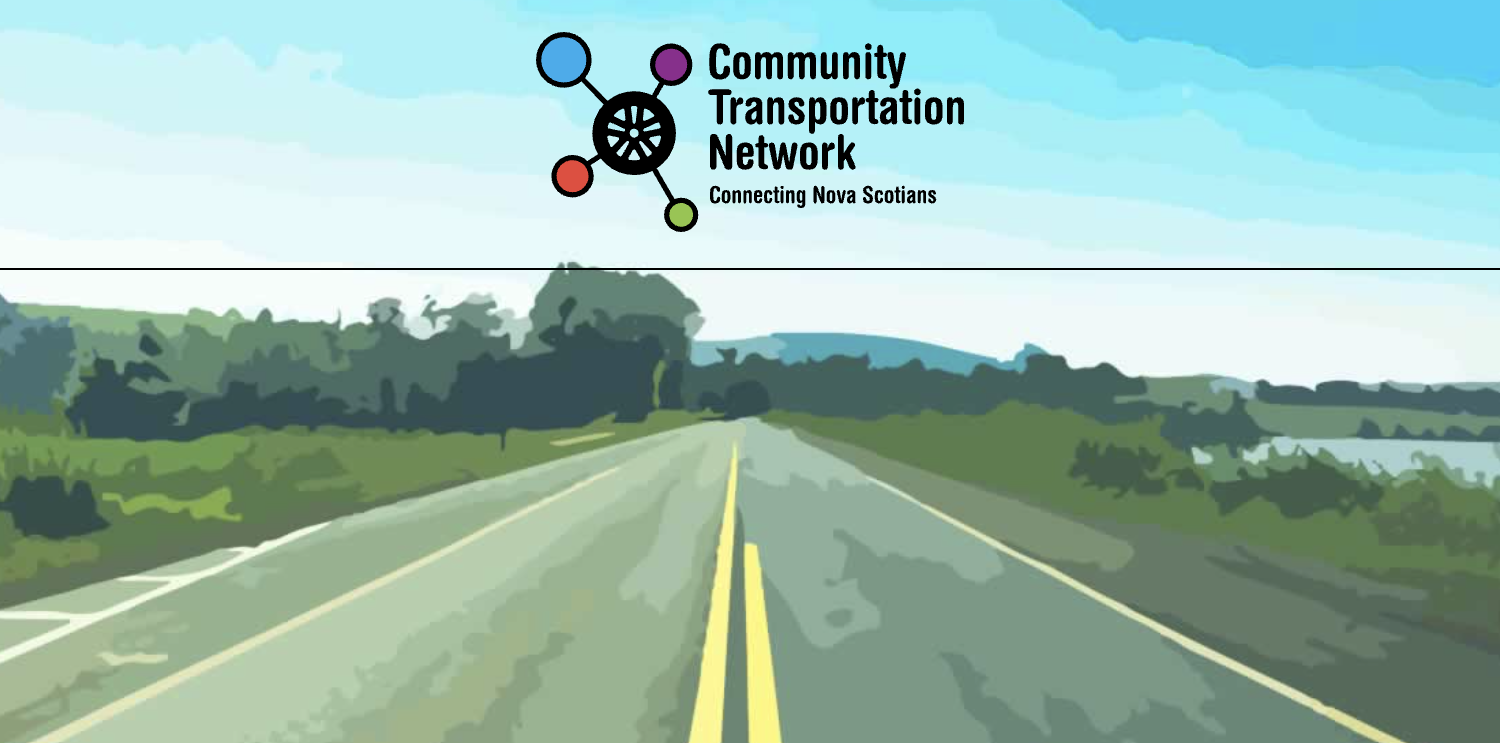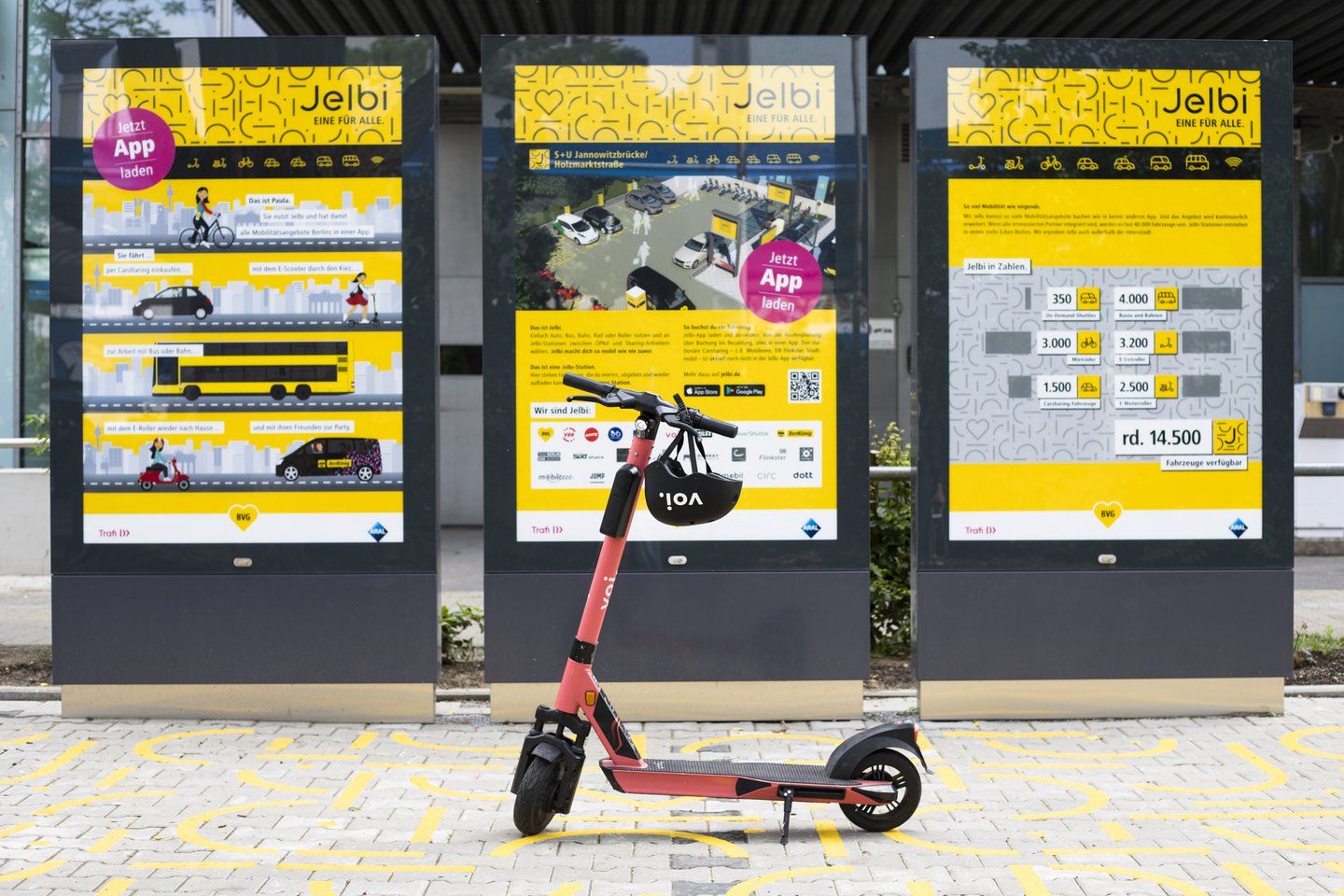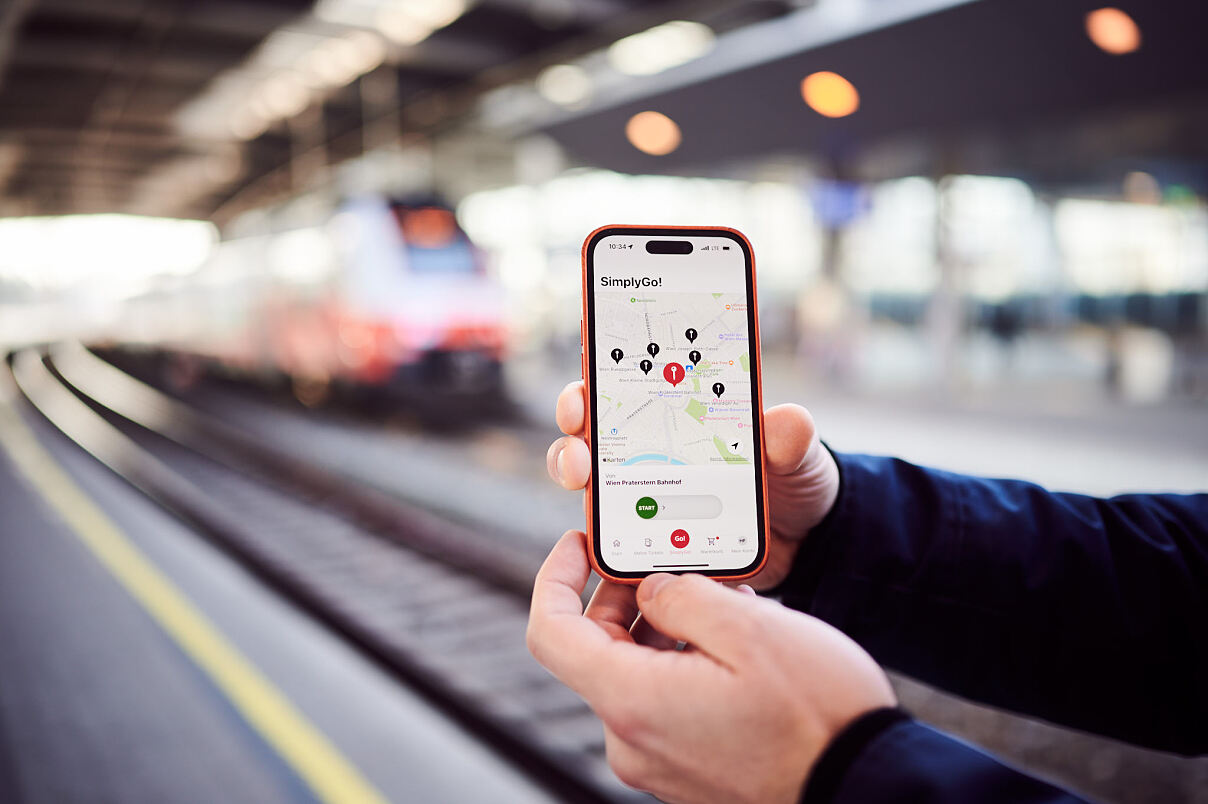Mobility-as-a-Service (MaaS) is an innovative transportation model that aims to revolutionise urban mobility and make getting from place to place easier and more efficient.
It has the potential to provide users with access to a variety of convenient and cost-effective transportation services, such as public transport, car sharing, and micromobility.

What Is a Business Case?

A business case is a key document to help entities such as cities, mobility providers and commercial enterprises to decide whether to invest in a project, such as MaaS. It demonstrates why the project is needed and the value it will bring to all stakeholders. This 360-degree view addresses the benefits, costs and risks, backed by market research, data analysis and more to help gain approval for the project and support its success.
Some organisations will have their own guidelines on how to create a business case such as the UK Department for Transport, which may cover different stages from an initial outline to a full-blown business case. It may be worth checking to see if your organisation already has something like this in place so that your business case meets the expected framework and criteria requirements.
The Benefits of a Business Case

A business case is essential for many reasons, especially as transportation is often a complex mix of interconnected industries, supply chains and logistics. As a dynamic sector with stringent regulatory and sustainability requirements, there are many factors to take into consideration. Your prospective MaaS project will likely include many different stakeholders outside of the organisation too, so it’s critical to get this document in place.
A Business Case:
Provides a Comprehensive Overview of the Project
Crafting a well-thought-out business case will allow you to demonstrate the value MaaS will bring to your organisation, customers and other stakeholders. It can justify funding for the project and provide evidence that it aligns with your company’s strategic objectives. By providing an overview of all relevant aspects of the MaaS project, including options available, you can significantly improve its chances of success.
Encourages Buy-In from Key Stakeholders
One of the main reasons is to secure buy-in from stakeholders including the senior management team. Demonstrating how MaaS can meet your organisation’s goals and better serve end users – such as residents, commuters, visitors, and underserved populations – provides a clearer picture of why MaaS is worth the investment. A well-researched business case can help to position you as a leader in your industry, ensuring that you retain a competitive advantage in tomorrow’s transportation marketplace.
Supports High-Level Decisions on Funding Allocation
A business case that clearly outlines the huge value and expected return on investment from MaaS, will be in a good position to gain management’s attention. It could be directly aligned with a financial goal such as increasing revenue from a broader range of transport choices or introducing mobility subscription packages. Equally, it could tie in with goals to reduce car usage or carbon emissions. Ultimately, it will help to justify the investment as well as highlight any synergies that may be present between existing transportation services.
Creates a Clear Roadmap for Action
A well-defined roadmap outlines the key milestones and objectives of the MaaS project, as well as a plan for how they will be achieved. It can identify potential roadblocks along the way and opportunities for improvement, allowing for proactive management and execution. This means your MaaS project is more likely to stay on track and deliver the expected results.
Delivers a Framework for Evaluating Progress
Being able to monitor progress, measure success, and make adjustments as needed is a key part of the mix. While MaaS has been around for quite some time, its implementation into the wider public space is only now starting to gather momentum so many organisations will not have experienced an implementation before. Along with advice from MaaS experts in the space, a business case will help to achieve the desired outcomes of the project.
A Structured Approach

A business case provides a structured approach for gaining investment for your MaaS project and is an effective way to show stakeholders that the project has been diligently thought through. From introducing new services to end users and creating better customer experiences to driving a reduction in car use and carbon emissions, a well-researched business case helps to ensure the project gets the green light and results in a successful implementation.
If you would like to find out how MaaS could support your community, city or region, please get in touch with our team.
This article was originally published by SkedGo.


